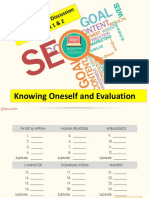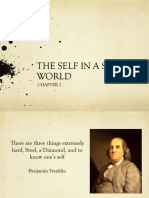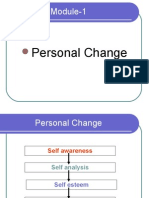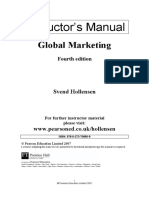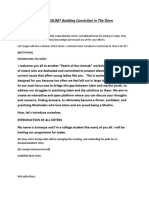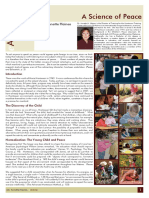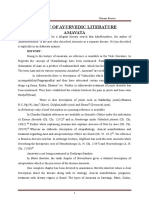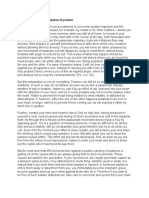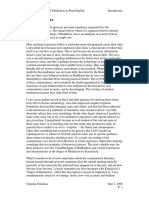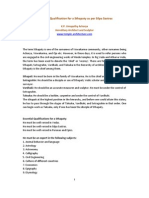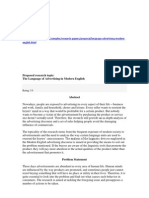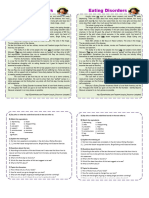0% found this document useful (0 votes)
31 views19 pagesWaitley 8e PPT Ch01 Psy-SS
The document outlines the psychology of success, defining success as the development of one's potential toward a meaningful purpose. It emphasizes the importance of personal qualities such as self-awareness, self-esteem, and positive relationships in achieving happiness and success. Additionally, it explores concepts of self, identity, and the influence of culture and gender on personal development.
Uploaded by
Prasad KapsCopyright
© © All Rights Reserved
We take content rights seriously. If you suspect this is your content, claim it here.
Available Formats
Download as PPTX, PDF, TXT or read online on Scribd
0% found this document useful (0 votes)
31 views19 pagesWaitley 8e PPT Ch01 Psy-SS
The document outlines the psychology of success, defining success as the development of one's potential toward a meaningful purpose. It emphasizes the importance of personal qualities such as self-awareness, self-esteem, and positive relationships in achieving happiness and success. Additionally, it explores concepts of self, identity, and the influence of culture and gender on personal development.
Uploaded by
Prasad KapsCopyright
© © All Rights Reserved
We take content rights seriously. If you suspect this is your content, claim it here.
Available Formats
Download as PPTX, PDF, TXT or read online on Scribd
/ 19













